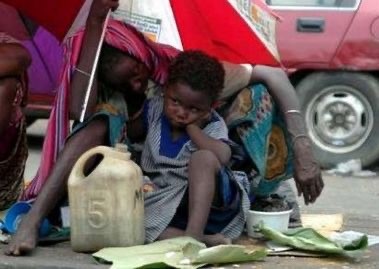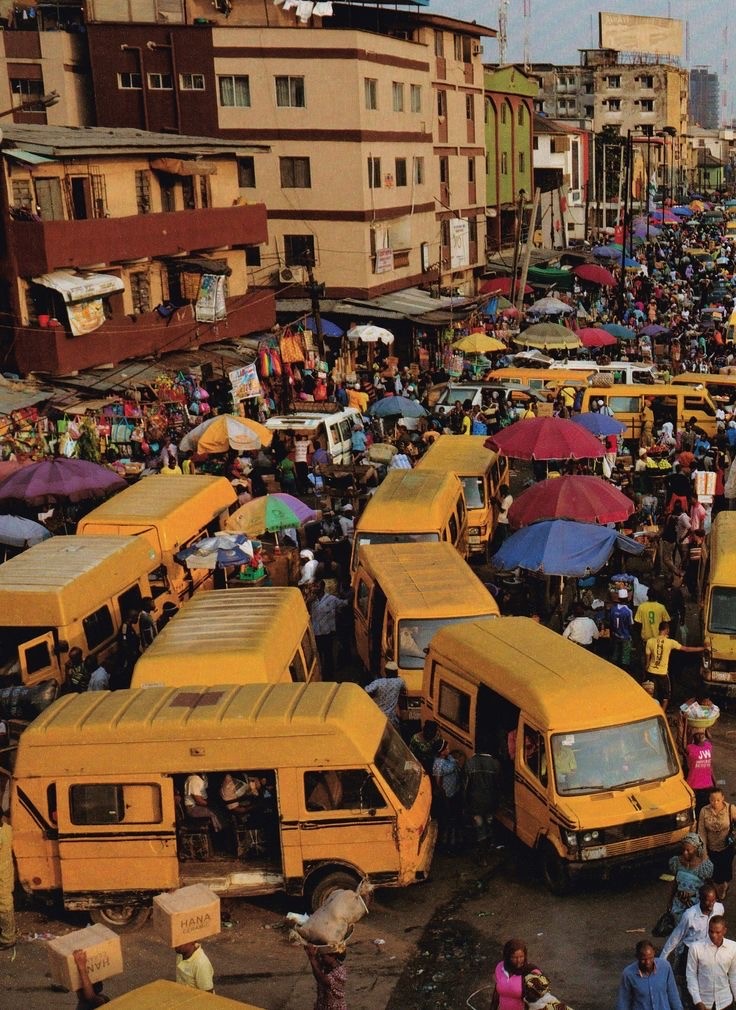Workers in Nigeria are voicing their dissatisfaction with the continuous rise in living expenses in contrast to the minimum wage’s stagnation as the country’s economic hardships endure. The minimum wage, which is the legally mandated lowest amount of compensation for labour, varies throughout the world. Generally speaking, wealthy countries have higher minimum salaries than developing countries because of changes in total cost of living.
Taking a look back at historical trends, the minimum pay for Nigerians working in the public sector was only N18 (about $25) per month in 1970. In 2023, this amount had increased significantly to N30,000. The cost of living has increased more quickly than the minimum wage increase, therefore over time, the real purchasing power of the income has decreased despite this upward adjustment. To put it simply, this has caused real incomes to drop significantly—approximately by half.
The extending struggle of workers in Nigeria is underscored by the disparity between the increasing minimum wage and the rising cost of living, which has a substantial influence on their financial well-being. As the economy develops, it is increasingly important to address the gap between wage increases and rising living expenses. To do this, a thorough analysis of the factors causing this discrepancy is required, as is the possibility of policy adjustments in order to protect workers’ financial security.

According to a global study, the Nigerian minimum wage is insufficient to cover the costs of a basic shopping basket, raising concerns about deteriorating living conditions in areas where wage structures are unclear. In the international survey, Nigeria ranks last, highlighting the disturbing reality that its national minimum wage fails to meet the essential living requirements, especially concerning food, for an average adult on a monthly basis.
The removal of the gasoline subsidy and the recent increase in food prices have created a urgent necessity to increase the minimum wage. The current minimum wage falls short of ensuring a dignified standard of living for workers and their families, compelling a significant portion of the workforce to grapple with precarious circumstances in their struggle to meet basic needs. In response to this challenge, it is imperative for the government to actively bridge the expanding disparity between the minimum wage and the escalating cost of living, thereby fostering social equity and strategically advancing towards a more resilient and egalitarian society.
The National Bureau of Statistics has released new data indicating that there are roughly 70 million persons in the work force. According to data from the World Poverty Clock, there are 71 million Nigerians living in severe poverty as of 2023.

In essence, even if legitimate doubts may arise about whether a substantial increase in the minimum wage is feasible, a workable plan for doing so can be developed by carefully allocating the money that is saved by removing the fuel subsidy in conjunction with carefully planned measures that would bring in revenue. Accepting this shift is a commitment to promoting a more prosperous and fair society as much as an issue of economic policy.
The government of Nigeria should no longer ignore the needs of the middle class, especially amidst this period of economic challenges. Given that Nigeria ranked lowest in a global research that revealed the national minimum wage is insufficient to maintain basic living standards, immediate action is required. In order to solve the urgent economic issues, the government should prioritize its citizens’ welfare and move quickly to explore raising the minimum wage significantly.
Sources




